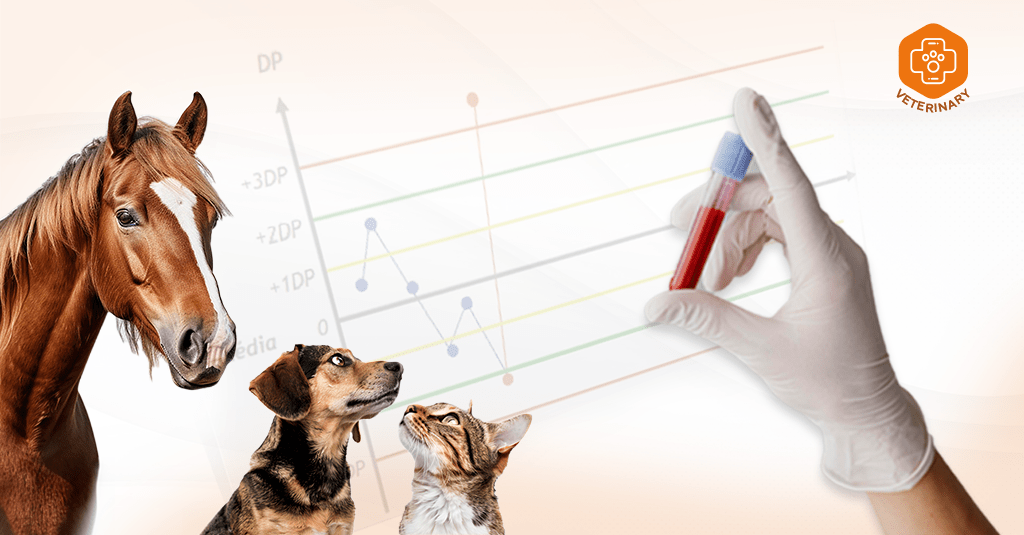Investing in quality reinforces trust, safety, and diagnostic accuracy for the public.
With so many veterinary laboratories in the market, how can you stand out? In an increasingly competitive landscape, the credibility of tests is essential to attract and retain clients. Veterinarians and pet owners rely on these results to make safe decisions about animal health. Quality control is the key to ensuring this safety, as well as optimizing processes and increasing operational efficiency.
Laboratories that adopt quality control practices demonstrate a commitment to analytical excellence, ensuring that their results are reliable and contribute to accurate diagnoses. This not only adds value to the laboratory’s image but also provides a relevant competitive differentiator for the audience seeking services with high safety standards.
Compliance with standards and strengthening of credibility
In addition to the commitment to analytical excellence, the implementation of quality control complies with technical and regulatory standards, such as Brazilian Resolution CFMV nº 1374/2020, which strengthens the laboratory’s credibility with the public. The excerpt from the resolution highlights:
“Art. 17. Laboratories and their branches must ensure the reliability of the laboratory services provided, through internal quality control and external quality control.”
Compliance with this legislation is not just a matter of legal adequacy, but also a way to demonstrate the seriousness and technical responsibility of the institution.
Quality control in practice: solutions for veterinary laboratories
Controllab, a leader in laboratory quality control in Latin America, offers solutions that strengthen the quality of analytical processes in veterinary laboratories, setting them apart in the market:
• Proficiency Testing (External Control): Periodic external assessment to ensure the accuracy of results. By participating in an external control led by a provider recognized by ISO 17043, the laboratory follows a program aligned with international best practices. These practices ensure greater safety, helping identify errors in analyses that may impact patient reports.
• Internal Control: Continuous monitoring to identify and correct routine errors. By integrating internal control into analytical processes, the laboratory ensures consistency of results, keeping variability under control and preventing deviations related to batch changes, reagent and calibrator stability. Additionally, this practice strengthens the monitoring of processes by the team.
• Instrument Calibration: Verification to prevent measurement errors. This process ensures that the instrument’s performance aligns with expected standards and is suitable for use, preventing deviations in analysis processes. Furthermore, it contributes to cost reduction, increased productivity, and avoids rework.
Additionally, users of Controllab’s quality control programs have access to periodic educational questionnaires and other free initiatives that empower professionals and help improve their laboratory practices.
Investing in quality control with Controllab demonstrates the laboratory’s commitment to its audience, ensuring trust, safety, and excellence in results. This means:
• Veterinarians are more confident in making clinical decisions.
• Pet owners feel secure when receiving accurate diagnoses for their animals.
• Patients are treated with precision and safety.
By offering high-quality analyses, your laboratory strengthens its position in the market, gains trust in the sector, and differentiates itself from the competition.

Raise the standard of your laboratory and showcase the excellence of your results to your audience.
Access our programs or speak now with a Controllab specialist.

